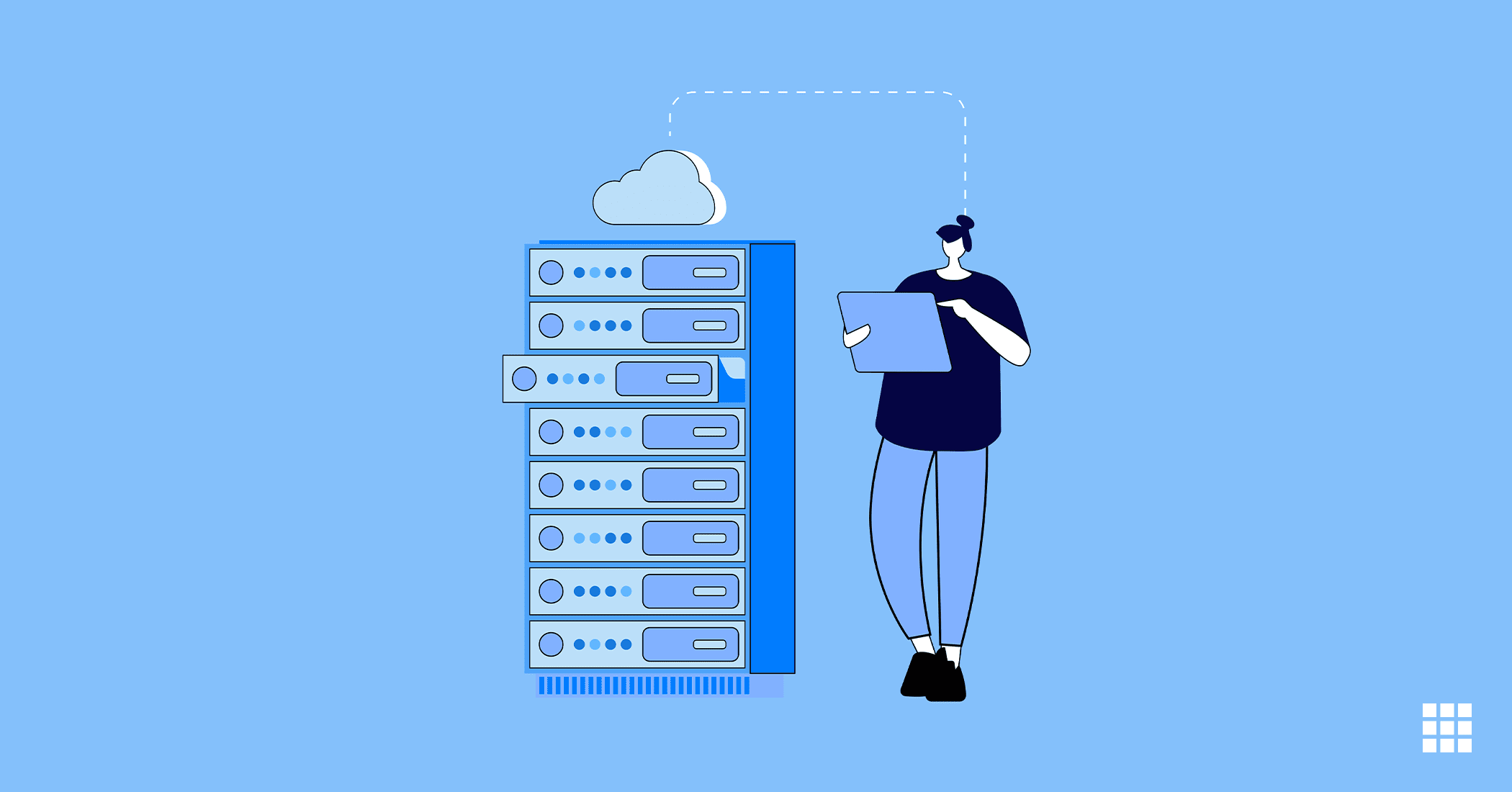You have decided to get a website for your business or even showcase your company’s credentials. Maybe you are an artist and want to show your work through your website or your writings through a digital portfolio, which for many is a website today. In any case, it totally makes sense to get a website and start promoting yourself and your work. But before that, you need to understand a few things that are important for you to know before you get a website.
Every time anyone buys hosting for their website, let’s say shared hosting, for instance, they should know what is shared hosting and why that is a good choice for them today. Or even VPS or dedicated servers or WordPress hosting for that matter. It is not only natural for anyone to be absolutely aware of the choices or decisions they make while buying hosting before launching their website.
With this article, we seek to help you out with more such pointers that you need to know before launching your site. So, without any delay, here are some more aspects you must know about web hosting.
Here are a few aspects about web hosting you must know-
1. Types of hosting
a) Shared hosting
A shared web hosting service is a web hosting service that has several websites on one web server connected to the Internet. This is generally the most cost-effective hosting option, as the total cost of server maintenance is shared between multiple clients. If you choose shared hosting, the website will share the physical server with one or more other websites.
b) VPS hosting
A Virtual Private Server (VPS) is a hosting service that uses virtualization technology to provide dedicated (private) resources to multiple users on a single server.
VPS is a more secure and robust solution than shared hosting without dedicated server space. However, it’s smaller and cheaper than renting an entire server.
VPS hosting is usually chosen by website owners whose average traffic exceeds the limits of shared hosting plans but does not require dedicated server resources.
c) Cloud hosting
Cloud hosting is web hosting on multiple physical servers. This means that your website can handle a large amount of traffic, and if one server goes down, your website won’t be affected as much if your data is spread across multiple servers. However, cloud hosting is very expensive, and only big websites like Facebook or Google really need it. We’re not saying your site won’t be as great as they are one day, but don’t worry about this option for now.
d) WordPress hosting
WordPress hosting means that your web hosting plan is optimised to use WordPress as a content management system. The web hosting provider has ensured that their servers can run WordPress as a content management system smoothly and efficiently, and the web hosting service will fix any updates or issues with the WordPress CMS. WordPress is much more user-friendly than other CMSs, such as Joomla and Drupal, and still offers plenty of templates, tools, and plugins to create the best site for you.
e) Reseller hosting
Reseller hosting can be seen as a resalable hosting service that is offered to customers. This web hosting service includes server bandwidth, CPU, disk space, and RAM. You can use and have many customers or clients based on the number of servers installed and resources purchased.
For instance, if you already have a web development or design agency, you can add web hosting to your suite of services to turn your online business website into a one-stop-shop. Hosting for white label hosting distributors is available and you can configure your web hosting company without any support for servers, software or websites.
f) Dedicated servers
Dedicated server or dedicated hosting is usually deployed when you need one full server dedicated to just one website. Usually ecommerce websites that have a large traffic or any website with huge traffic deploy dedicated server hosting to accommodate the sheer amount of users coming at once. So, if you have a scenario like this, best to deploy dedicated hosting.
g) Managed and Unmanaged Servers
Any of the hosting services mentioned above, if managed by your service provider, are managed servers, whereas those that are not or are managed by you are unmanaged servers. Managed services usually have a cost so if one can afford it, they can use it. If not, they need to have the skill or acumen to manage it at their end.
2. Data storage and Bandwidth
Data storage refers to the amount of space available on your website’s data server. Videos, music, and photo slideshows are some of the things that can take up a lot of data storage space. Storage is usually measured in gigabytes or terabytes, but some plans offer unlimited storage. At this point, server disk space is the limiting factor. Some shared web hosting plans offer unlimited/unlimited storage plans due to the nature of shared hosting. If you have a hosting plan giving 5 GB bandwidth in one month, you can transfer only 5 GB data from the website to the viewer each month. If you have a single-side website filled with media, a single visit to your site can send 300 MB or more data to your visitor.
3 . Uptime
Uptime is a measure of how long the server and its website stay up and running. Most web hosting services claim to guarantee at least 99.9% on-time delivery. It’s scary when a website doesn’t work, but this guarantee means your website can be down for about 20 minutes a month. If your website has been inactive for a long time, you will need to contact your web host. In most cases, your web hosting service will charge you a percentage of the monthly hosting fee each time the server goes down.
4. SSL security certificates
SSL is a secure socket layer. This certificate encrypts the data sent to and from your site. SSL certificates are used on many websites to prevent hackers from intercepting credit cards or personal information. In 2018, Google announced that any non-SSL site would be marked as “not secure” by Chrome. If you look at a website’s URL bar and see a padlock next to the URL, it means the website has SSL. SSL allows visitors to visit their site more easily and garners trust.
Conclusion
Here is hoping that you have understood everything you need to know before launching a site. We have tried to cover all the basic aspects you should know before you buy a hosting package. If you buy a hosting and want to manage it yourself, you can do that, but before taking that decision, read up on managed and self managed hosting. If you have any doubts or queries, please share them below in the comments section. We will try to answer them to the fullest.



Write A Comment